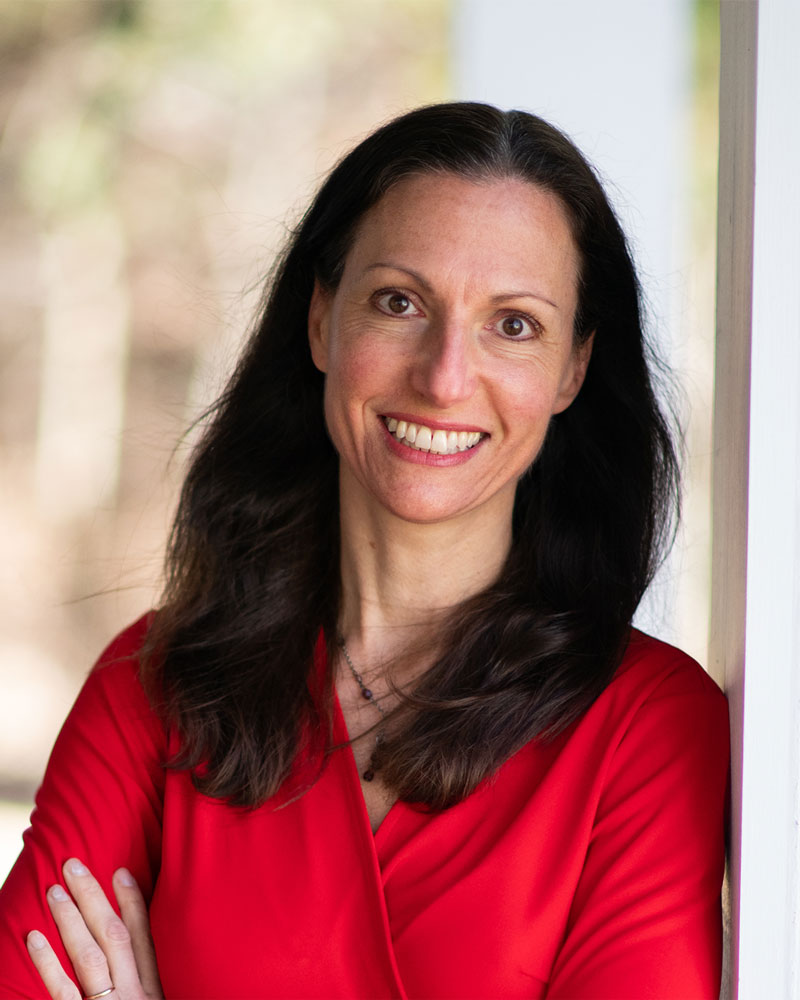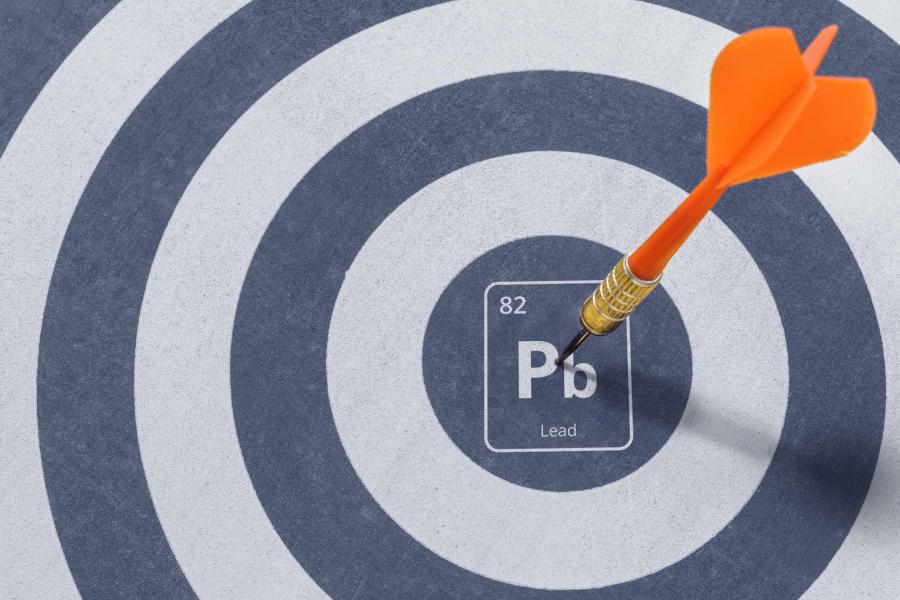It’s no secret: Anxiety is spreading in society. In its latest official data, the World Health Organization said 301 million people lived with an anxiety disorder in 2019. And it reported more than a 25% increase in depression and anxiety in the first year of the COVID-19 pandemic, which began in 2020.

Bethany Teachman is a professor of psychology and the director of clinical psychology at the University of Virginia. (Contributed photo)
The term “morning anxiety” began appearing in news sources about the same time. University of Virginia psychology professor Bethany Teachman explains what it is and offers advice on managing those early morning feelings of unease and, sometimes, dread.
Q. What is morning anxiety?
A. Morning anxiety is that feeling where you wake up and feel this elevated level of apprehension, discomfort or nervousness before it even seems like much has happened that would trigger those feelings.
I want to clarify. It’s not a diagnosis or something we think is a super distinct category from anxiety that happens at other times during the day. Different people are prone to anxiety at different times of the day.
Q. Why do some people experience morning anxiety?
A. It can be for a lot of different reasons. I encourage people, when that’s happening as a pattern for them, to look at how they’re reacting to their thoughts. Is it that things are coming to mind about what’s going to happen that day, and they’re already anticipating the worst? Is it that they’re really focused on what happened the night before, and so they’re sort of ruminating on that? For other people, it can be that they’re really reactive to their bodily changes, so they wake up and something feels different in their body. It’s really just that they have this sort of tendency to either focus on future patterns, or because they’re not involved in another distracting task at that time.
Q. How can people manage morning anxiety?
A. One of the best ways to respond to anxiety so it doesn’t spiral and escalate to panic or ruin your day is to recognize it is just an emotion and … that you can ride that wave and don’t have to think of it as something that means something really horrible or dangerous is happening. If we can normalize the experience, it tends to actually help keep anxiety in its place.
If there really is a danger, that’s a different situation. That’s where anxiety is super adaptive. But the morning anxiety and things we’re talking about are really more in that false alarm category, where there isn’t an urgent need to address a real objective danger.









